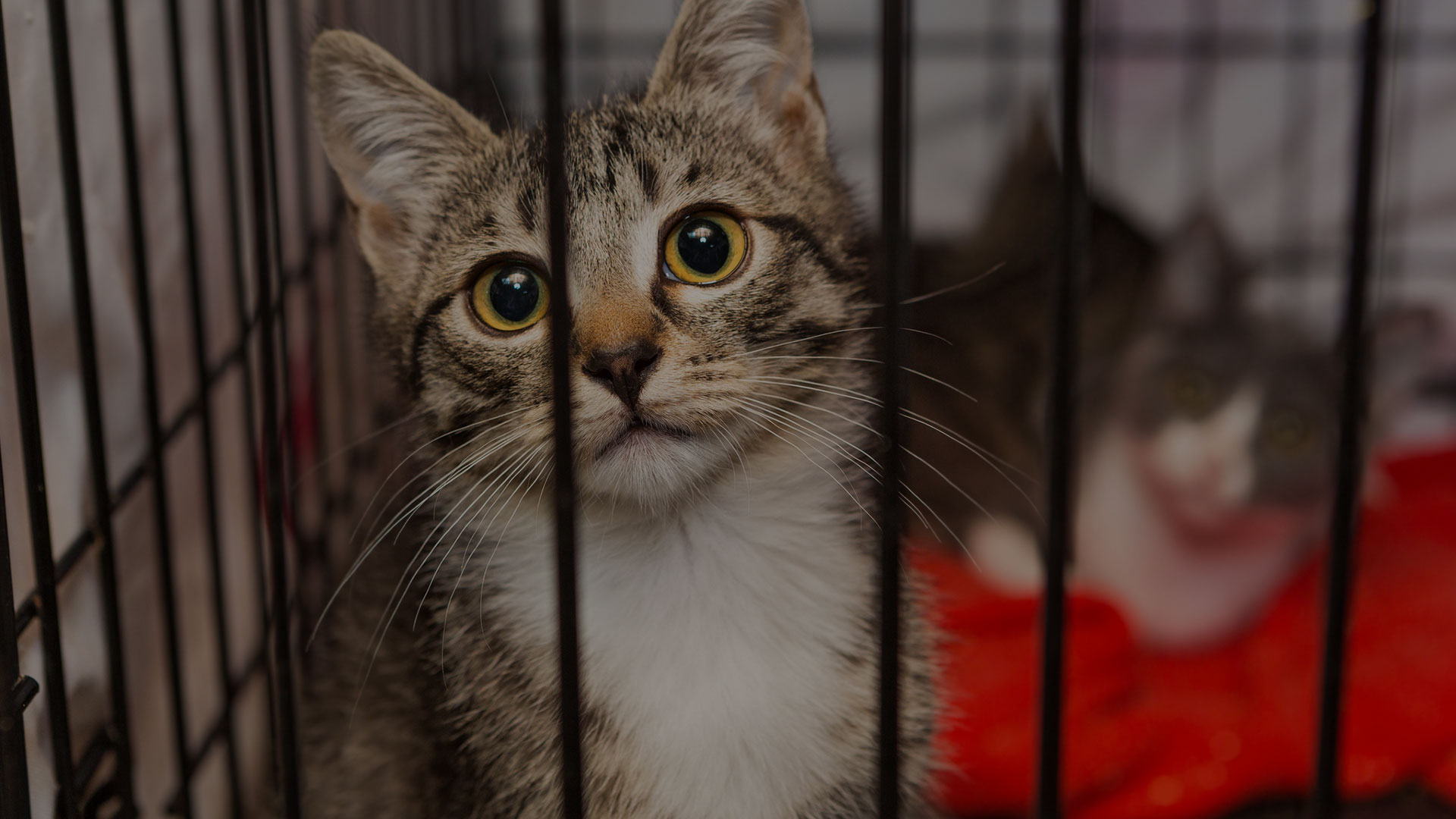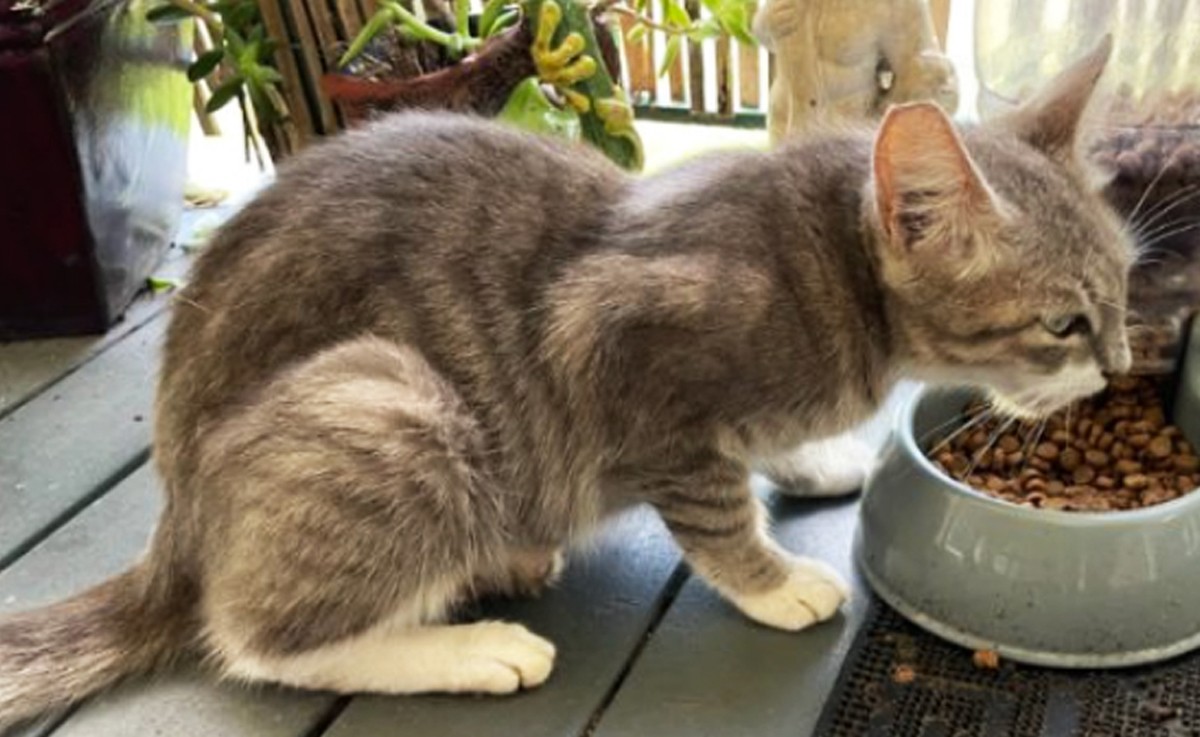

Around 70,000 healthy and treatable - but homeless - dogs and cats are killed every year in Australia. With the right strategies and support for their humans, these animals could lead full, happy lives.
Help us get to zero
By implementing evidence-based strategies, we can reduce the number of pets entering Australian pounds and shelters. An estimated 70,000 healthy and treatable dogs and cats are put to sleep each year in Australia. The single major contributor towards high and unnecessary euthanasia rates is out-of-date policies that disregard current research and best practice.
Pet welfare issues are complex and challenging, but when multiple evidence-based strategies are applied together, outcomes are dramatically improved for both animals and humans, as well as their environments (both physical and social).
What we’re doing
Australian Pet Welfare Foundation focuses on supporting research into effective, actionable strategies that will stop the unnecessary killing of pets, and then sharing that knowledge with government, welfare agencies, vets, animal rescue groups and the wider community.
How you can help
Lobby your state/territory government to fund and facilitate Community Cat Programs
Lobby your state/territory and local governments to repeal inequitable and ineffective laws that are a barrier to keeping pets
Lobby your local pounds and shelters to disclose kill rates and adopt best practice
Share your knowledge with your networks
Volunteer your time and skills
Support our work by making a donation or bequest, so we can help keep Australia’s beloved pets safe and well

When Les* and Michelle’s* neighbour moved away leaving behind a pregnant cat, the pair took pity on the hungry mum and began feeding her. Before long, their kindness was repaid with a litter of kittens and an influx of neighbourhood strays. “It all snowballed into many kittens being born on the property, male cats fighting over females late at night and a great deal of money being spent trying to feed them all,” Les explained.
Unable to afford the cost of sterilisation for their growing and much-loved cat family, but stressed by food bills and the impact on neighbours, Les was relieved when the Community Cat Program stepped in, helping with desexing, microchipping, vaccination and a little food to tide them over.
As well as avoiding any more kittens, this led to:
Neighbour relationships being protected - no community conflict
Very relieved carers - no trauma
“I’m very grateful for the program – it has really helped my mental health. Without the cats, my life was not as fulfilling, but I feel very relieved knowing they are not reproducing and causing nuisance for the neighbours.” *Names have been changed to protect privacy
